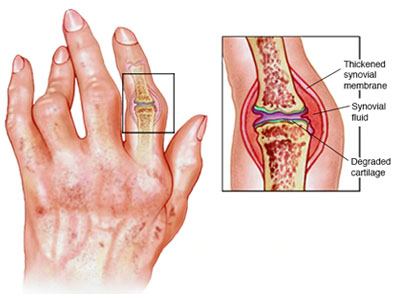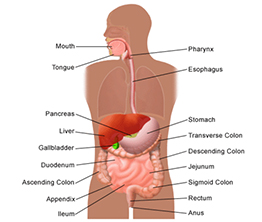Rheumatoid Arthritis
Rheumatoid Arthritis
How Ayurvedic treatment is beneficial for people with Rheumatoid Arthritis?
Ayurvedic treatment for Rheumatoid Arthritis
Ayurvedic approach for treating rheumatoid arthritis is considered highly beneficial for people to live a normal life. Many studies have shown that Ayurvedic practice helps in improving inflammation, ease out the symptoms, and limit the flare-ups in the body. However, more research is still required.
Results are different for every person and you need to work with the doctor to understand how Ayurvedic treatment is safe for you.
Focusing on your diet
The ayurvedic diet revolves around 3 doshas Vata, Pitta, and Kapha. Dosha is the main element in the body. RA diet is the same as that of the patients with Amavata condition. This problem affects the joints and its symptoms are the same as that of RA. Here are some of the diet options you need to include:
- Legumes:Include miso, beans, dal, lentils, and tofu in your diet.
- Grains:You should include easy to digest grains like rice, wheat cream, and cooked oats.
- Lukewarm water:Drink lukewarm water, or drink water boiled with ginger root as it helps to improve digestion.
- Vegetables:You need to include green & leafy vegetables in your diet.
Additional dietary tips
Before you eat fruits and vegetables, make sure to cook or stew them. Include the given-below options in your diet:
- Cooked apples
- Cooked or soaked raisins
- Sweet potatoes
- Squash
Make sure not any of your dishes should be spicy. You can include turmeric, nutmeg, cinnamon, or other options to make the dish taste the best.
Exercise regime
Ayurveda recommends focusing on following gentle exercise regimes like swimming, walking, tai chi, and yoga. Also, you should do deep breathing & meditate regularly. Arthritis can improve if you focus on mental health, control the pain, and focus on your well-being.
Getting quality sleep
Make the necessary changes in your sleeping pattern:
- Get up early and sleep on time.
- Avoiding taking naps during day time.
- Drink warm milk before bed.
- Eat your dinner at least 2 to 3 hours before you sleep and then do light walking.
- Massage your feet sole with sesame oil. You can wipe it off after 15 minutes or wear a sock before you go to bed.
Additional lifestyle changes
Our ayurvedic doctor suggests the RA patient the given changes to manage the symptoms:
- Use of castor oil
- Cold compress
- Hot therapy
- Specialized oil therapy
- Herbs & additional supplements
- Purification rituals
- Herbal pastes
*Make sure you try or make the changes after consulting the doctor. Under their supervision, you can rest assured that you have made the right changes in your daily routine. So, consult the doctor to know what is best for you.
What do you need to avoid?
Ayurvedic treatment focuses on gentle exercises like Tai Chi and yoga. Patients should avoid following a high-impact work regime. Additionally, limit the consumption of alcohol as it interferes with your immune system. Your ayurvedic doctor will be able to tell you better which Ayurvedic practices you need to include in your daily life & what works best for you.


